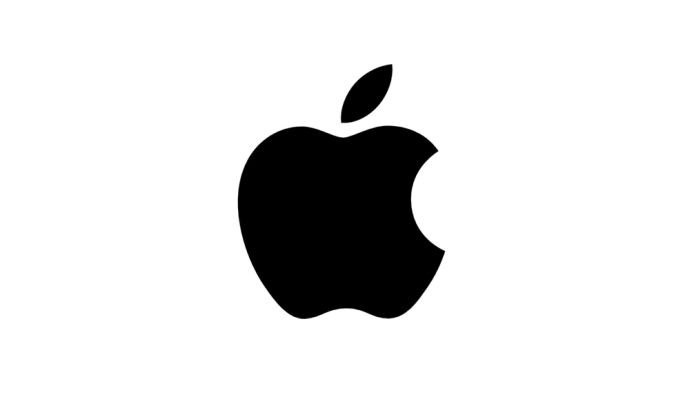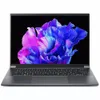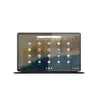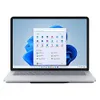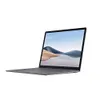Demystifying AI PCs: What is an NPU
AI PCs are coming, and no, they’re not going to take your job or eat your young
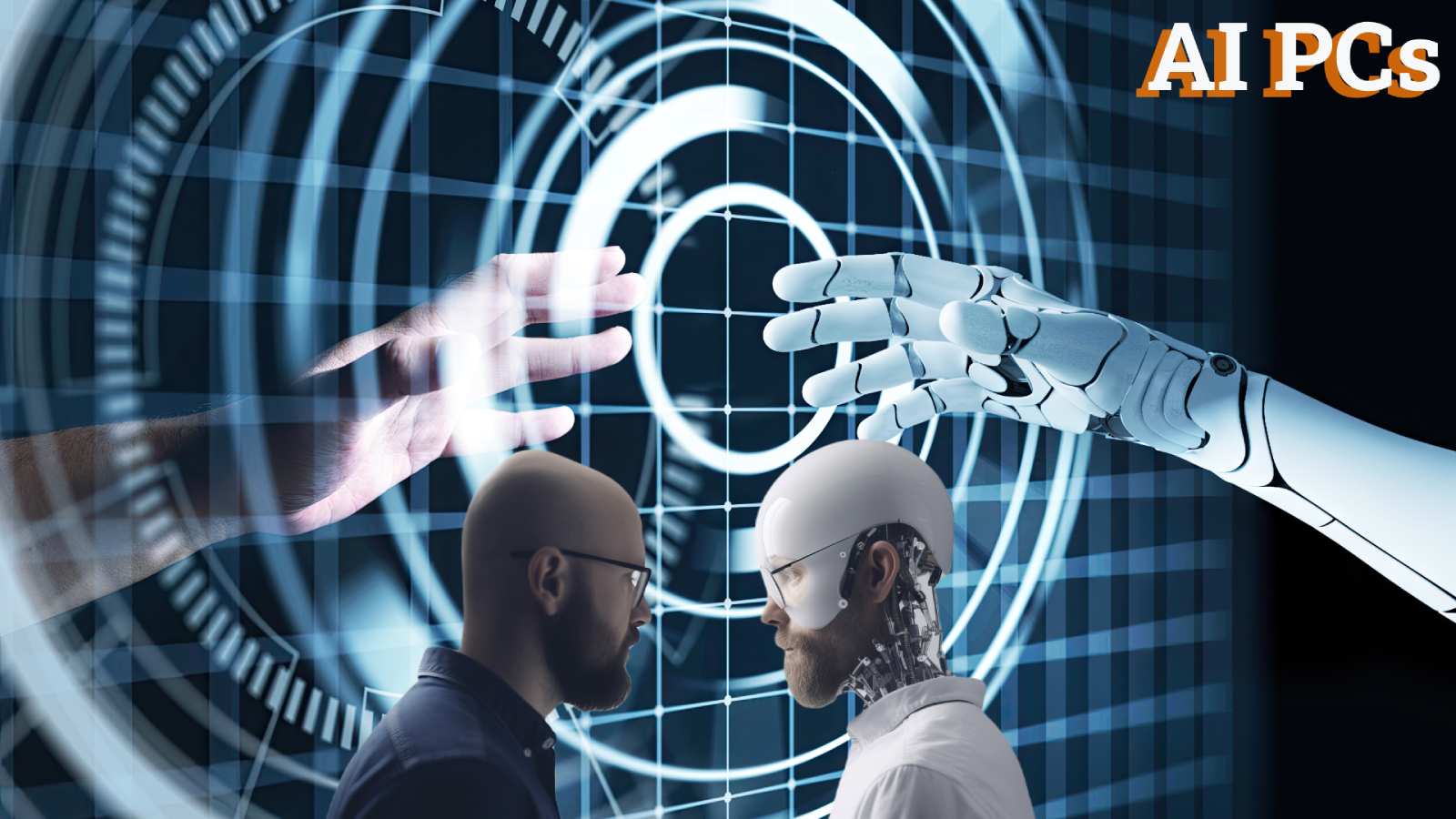
Sign up to receive The Snapshot, a free special dispatch from Laptop Mag, in your inbox.
You are now subscribed
Your newsletter sign-up was successful
The AI PC is thundering towards us, with the potential to be the most significant PC development in a decade. But fear not, fellow humans! Before we succumb to Terminator-style nightmares, let's take a deep breath and separate fact from fiction.
While some are busy debating AI's impact on society, the average Joe (or Jane) is left scratching their head, unsure what this whole AI fuss is about. The reality is that we've all been using AI for years now, from Google Maps to email spam filters. So, while news outlets paint apocalyptic scenarios and tech giants boast about time-saving wonders, we're still figuring things out.
Sure, there was that recent OpenAI blunder (an internal family feud) that scared investors stiff, but the average consumer isn't losing sleep over it. They're too busy navigating the AI maze, learning to make spreadsheets with Google Bard (a Large Language Model AI), and teaching their kids about its big brother, Google Gemini. New AI companies are popping up every day, from Open AI to Grok; the landscape is exploding.
So, before we get swept away by the hype, let's remember: AI is just a tool. So, I'm here to demystify it so that you can take advantage of this new technical wonder, improve your workflow, and start taking more naps, eating more snacks, and spending time with your family and friends.
Today, we'll have an informal peak at NPUs, the heart and soul of Intel and AMD's leap into the AI PC.
What is an NPU?
- An NPU, or Neural Processing Unit, is a specialized microprocessor designed to accelerate machine learning (ML) tasks, especially those involving artificial neural networks (ANNs).
- Think of it as a co-processor dedicated to crunching the numbers involved in complex ML algorithms, freeing up the main CPU for other tasks.
- NPUs offer significant performance gains compared to CPUs and even GPUs for specific ML workloads, like image recognition, speech recognition, and natural language processing.
Benefits of NPUs
- Faster performance: NPUs are optimized for the specific calculations involved in neural networks, resulting in significantly faster execution compared to CPUs and GPUs.
- Improved efficiency: NPUs require less power and generate less heat than CPUs and GPUs when performing ML tasks, making them ideal for mobile devices and other low-power applications.
- Dedicated hardware: NPUs offer dedicated hardware resources specifically designed for ML, freeing up the main processor for other tasks and improving overall system performance.
Applications of NPUs
- Smartphone cameras: NPUs are increasingly being used in smartphone cameras to enable features like facial recognition, object detection, and background blur.
- Voice assistants: NPUs power voice assistants like Siri and Google Assistant, enabling them to understand and respond to your voice commands with greater accuracy and speed.
- Natural language processing: NPUs are used to process and understand natural language, enabling applications like chatbot development and machine translation.
- Image and video processing: NPUs are used to process and analyze images and videos in real-time, enabling applications like object detection, video surveillance, and medical image analysis.
Final Thoughts
Get ready for the biggest tech shakeup in a decade — AI-powered PCs are about to hit the market! Every major PC manufacturer is poised to unleash their laptops powered by Intel and AMD's groundbreaking AI-infused chipsets. At Laptop Mag, we're in the front row, bringing you all the latest news and insights as this revolution unfolds.
Stay tuned for in-depth analysis, expert opinions, and exclusive early access to the next generation of computing power. We'll guide you through this exciting new era, demystifying the technology and helping you understand how AI PCs will transform your personal computing experience.
Sign up to receive The Snapshot, a free special dispatch from Laptop Mag, in your inbox.
So, buckle up — the future of computing is coming, and we're here to be your friendly and informative attendants, making sure you keep your arms and legs inside at all times and enjoy the ride.

Mark has spent 20 years headlining comedy shows around the country and made appearances on ABC, MTV, Comedy Central, Howard Stern, Food Network, and Sirius XM Radio. He has written about every topic imaginable, from dating, family, politics, social issues, and tech. He wrote his first tech articles for the now-defunct Dads On Tech 10 years ago, and his passion for combining humor and tech has grown under the tutelage of the Laptop Mag team. His penchant for tearing things down and rebuilding them did not make Mark popular at home, however, when he got his hands on the legendary Commodore 64, his passion for all things tech deepened. These days, when he is not filming, editing footage, tinkering with cameras and laptops, or on stage, he can be found at his desk snacking, writing about everything tech, new jokes, or scripts he dreams of filming.

